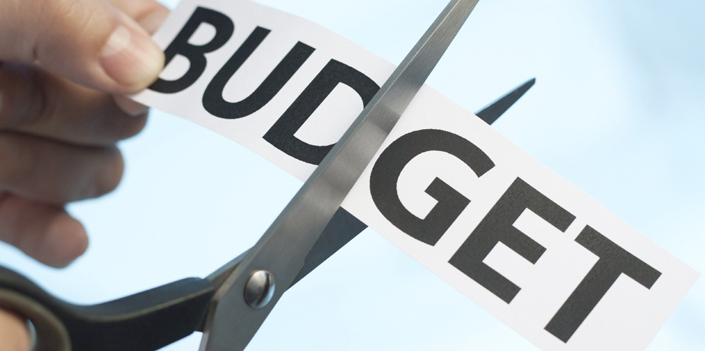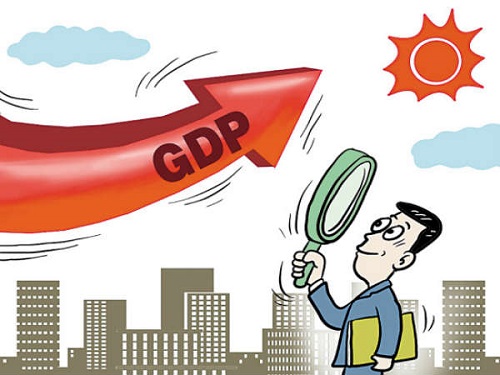Laos Faces Spiralling Budget Deficit
Source: Vientiane Times
The fiscal deficit for 2021 is projected to rise from the target of 2.17 percent to 4.33 percent of Gross Domestic Product (GDP).
The escalating deficit will ramp up the government’s public debt burden, posing challenges for Laos in sourcing more funding to address the shortfall.
The Covid-19 pandemic has disrupted economic activities, with many shops and factories having to close. The tourism and investment sectors, which are among Laos’ main income earners, have also been hard hit.
According to the Ministry of Finance, the amount of revenue collected over the past six months totalled 11.05 trillion kip, equaling 40 percent of the amount planned for the whole year. Of this figure, domestic revenue accounted for 9.9 trillion kip, equaling 40 percent of the target for this year.
The ministry has predicted that revenue will fall short of the target for 2021, saying that only 23.6 trillion kip would be amassed this year, equal to 86 percent of the target figure. The projected revenue shortfall could result in the budget deficit rising from 3.9 trillion kip (2.17 percent of GDP) to 7.9 trillion kip (4.33 percent of GDP).
Minister of Finance Mr Bounchom Oubonpaseuth was quoted in Laophattana News as saying that the economic difficulties caused by the Covid-19 crisis have had a direct impact on revenue collection.
However, the government won’t revise the budget for this year because it has pledged to boost national revenue and manage budget expenditure.
Mr Bounchom said the government will review extra measures as enshrined in the national agenda with regard to resolving economic and financial difficulties. The move comes as the government seeks to boost income, particularly from the import of fuel and other goods, by attempting to address financial leaks and illegal imports.
In addition, more will be done to improve the management of mineral excavation and exports, while creating new sources of income for the government.
It is essential that the government introduces electronic systems as part of efforts to collect more revenue from nationwide sources. Over the past five years, the government has attempted to reduce its debt burden by lowering the fiscal deficit and cutting spending on non-essential projects that do not guarantee economic returns.
The government has advised the responsible committee to look into ways to transform loss-making enterprises into joint ventures as part of ongoing reforms to reduce the debt burden generated by state enterprises.
From 2021-2025, the government intends to lower the fiscal deficit to an average of 2 percent of Gross Domestic Product annually, according to a recent government report. However, it will be an uphill battle to achieve this goal during the Covid-19 pandemic.





